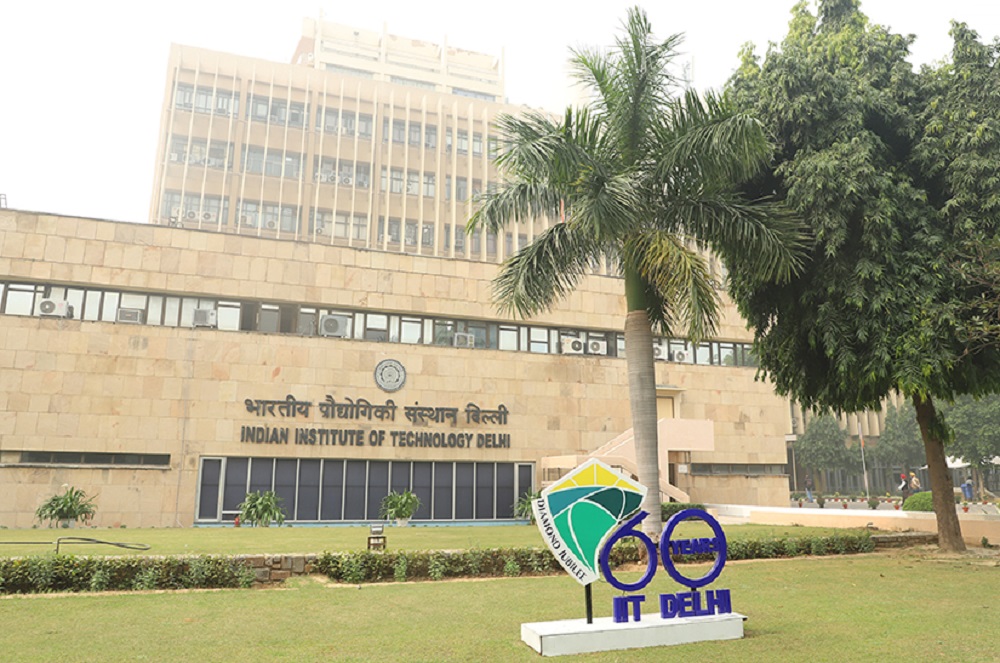Seven locations on the IIT expansion list include the UK Gulf states and Egypt
August 21, 2022

In consultation with Indian missions abroad, a committee established by the Center for the Global Expansion of IITs has identified the United Kingdom, the United Arab Emirates, Egypt, Saudi Arabia, Qatar, Malaysia, and Thailand as potential locations for offshore campuses operating under the "Indian International Institute of Technology" brand name.According to a report that the 17-member committee, headed by Dr. K Radhakrishnan, chair of the IIT Council standing committee, issued to the Ministry of Education, these seven nations scored highly on a number of important metrics.
IIT-Delhi is the top option, according to the research, for the UAE, Saudi Arabia, Egypt, and Malaysia. Egypt is eager to start an arrangement, electronically if not physically, between 2022 and 2023, said the report. The committee, however, has cautioned against making rash decisions and suggested that only residential campuses be opened after careful consideration.
The idea of IITs growing internationally is not new. IIT Delhi is now in discussions with the Department of Education and Knowledge in Abu Dhabi, United Arab Emirates, while IIT Madras is looking into opportunities in Sri Lanka, Nepal, and Tanzania.The talks thus far have mostly focused on specific IITs. The committee has, for the first time, put out a proposal in which domestic IITs would serve as mentors and a chain of institutions would be established under the Indian International Institute of Technology brand name.
The directors of IIT Delhi, Madras, and Kharagpur, ISM Dhanbad, Guwahati, and Kanpur, the Indian Institute of Science, NIT Surathkal, the vice chancellors of JNU, Delhi University, University of Hyderabad, and Banaras Hindu University, and the dean of IIT Bombay's department of international relations were among the committee's members.
The Indian International Institute of Technology at (country name) could be the name of the new institutions. The proposed name is sufficiently similar to IIT with the addition of international to highlight or make clear that the institute is located outside of India. The newly created institutes would be able to develop their own identity and ethos while relying on the strengths of the current IITs thanks to the name difference (with enough similarities), according to the research.Additionally, the offshore campus will have to abide by the rules and laws of the host nation, therefore there will be no exceptions for students or personnel unless specifically permitted by local laws. According to the committee's assessment, "the Act of Parliament by which these institutes are founded should offer them more latitude than the current IITs."
Bhutan, Nepal, Bahrain, Japan, Tanzania, Sri Lanka, Vietnam, Serbia, Singapore, South Korea, and Uzbekistan are ranked one rung behind the seven recognised nations in the committee's study. The committee advised Indian officials to negotiate agreements with these nations as well.


